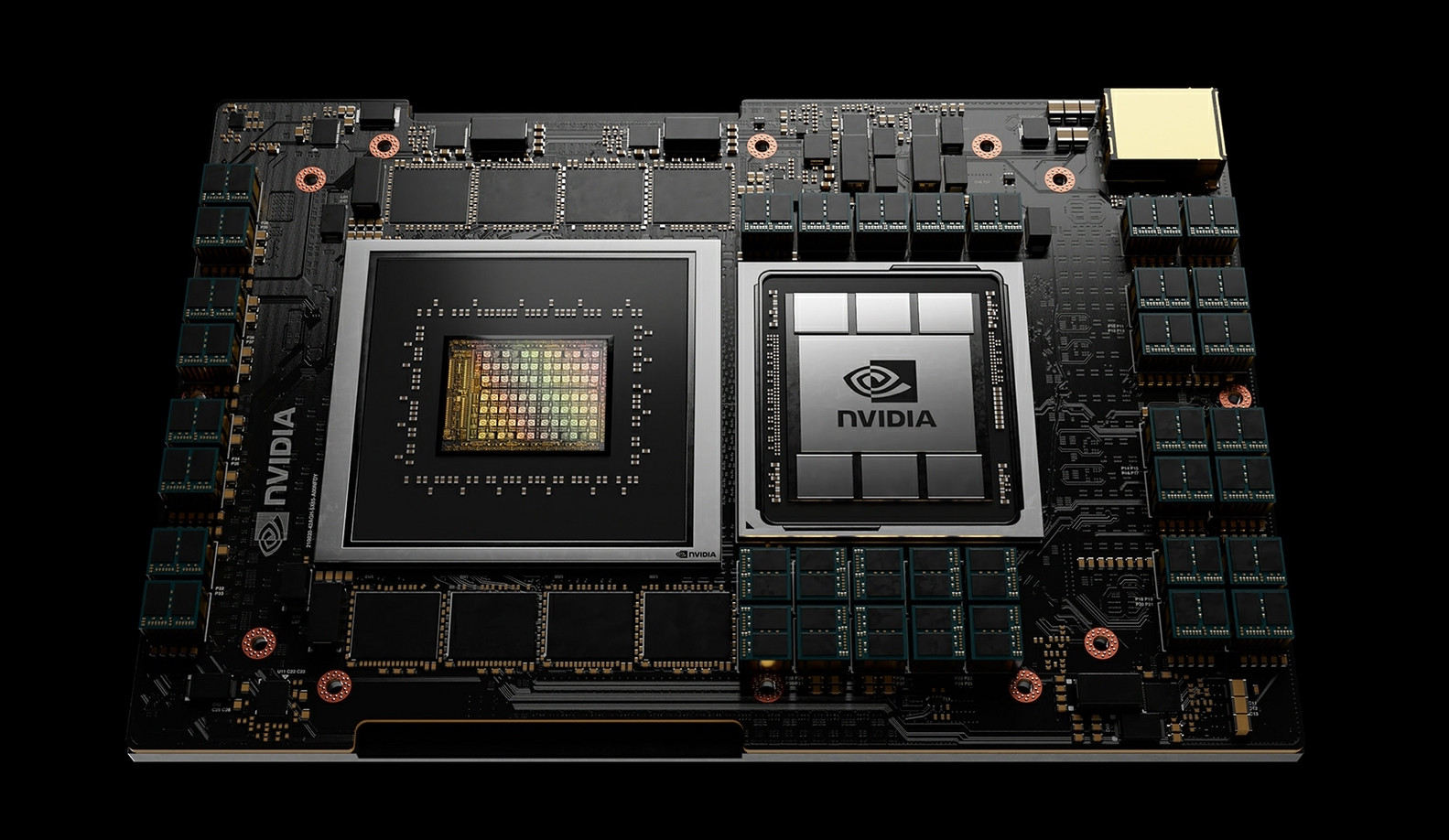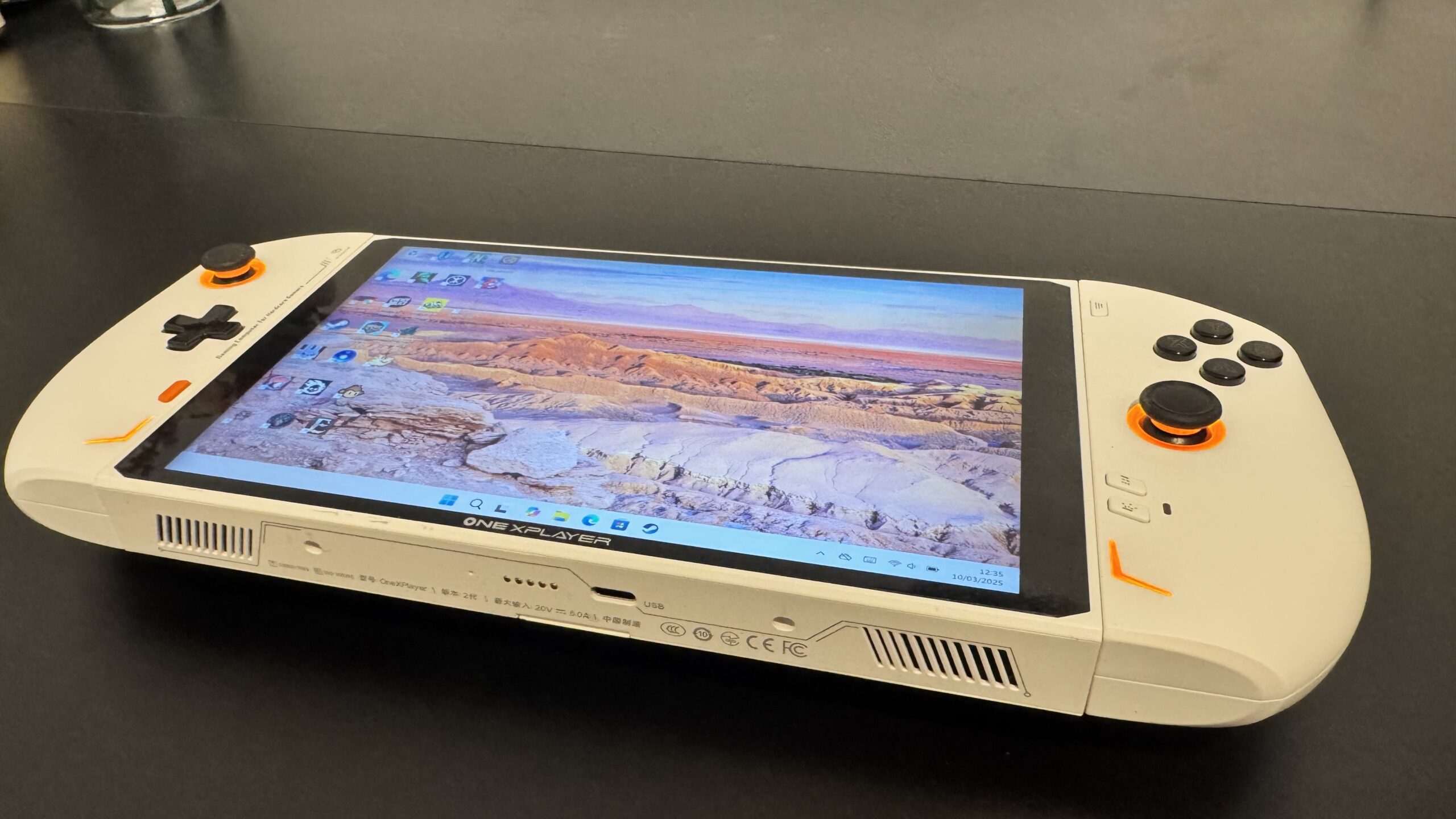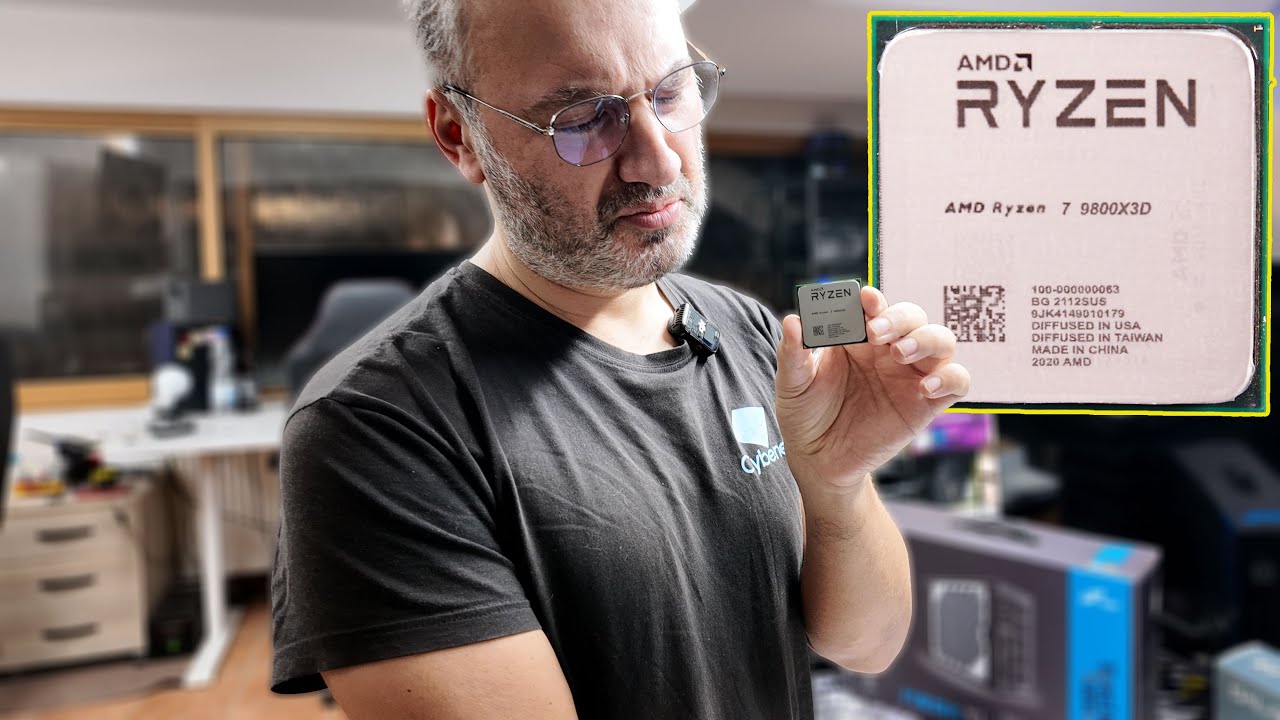Qualcomm’s Snapdragon X Elite chip is one of the more intriguing prospects for the PC over the next 12 months. Now Arm’s head honcho has revealed that there will be more PC-optimised CPUs incoming over the next few years.
One immediately intriguing option for a new entrant into the Arm CPU for PC market could be Nvidia. But hold that thought, we’ll come back to it.
Speaking to investors (via the Register), Arm CEO Rene Haas predicted that further players will follow in Qualcomm’s footsteps in offering Arm-based chips expressly designed for the PC.
“Everything I’m hearing says that there are going to be multiple suppliers to serve that market over the next 12 to 36 months,” Haas reckons. Anyone wanting to make such a chip must have a licensing arrangement with Arm, putting Haas in a good position to gauge where the industry is going. Unfortunately, Haas doesn’t provide any insight into the the identities of these new players in Arm chips for PCs.
Still, the net result, according to Haas, is that Arm chips will make significant inroads into the PC market. “We think now will be the time, over the next two, three years, where the Arm ecosystem will take a significant level of market share, primarily because of the level of experience that we’ve seen in the other ecosystem, the fantastic performance, the great battery life, the fact that you can build a high-performance machine minus a fan,” Haas says.
He certainly has a point about battery life and efficiency. Arm chips do tend to have clear advantages over traditional x86 CPUs in those areas.
However, software support has been the main stumbling block thus far in transitioning the PC over from x86 to Arm. As recently as the third quarter of last year, Arm chips accounted for just 1% of the PC market.
(Image credit: Qualcomm)
It remains to be seen if this purported new, er, army of Arm chips can actually make a dent in the PC market. Qualcomm has been making big claims about its new 12-core Snapdragon X Elite CPU, which should be going on sale in laptops from June.
However, even if it delivers in terms of raw performance, arguably the most important test will be how it and the Arm version of Windows handles legacy x86 code. If that runs pretty smoothly, then an Arm laptop could be very compelling.
Imagine a fanless laptop with a couple of days of battery life but comparable in performance to existing portables. For mainstream use, that will be super compelling.
Of course, if there’s any application type that will pose problems in terms of emulated x86 code on an Arm chip, it will be games. Qualcomm has shown off legacy x86 titles running in emulation with decent performance on the X Elite silicon. But it’s far from proved whether than kind of experience will be universal or if Qualcomm has carefully chosen games that happen to run okay or indeed worked with developers to get them running well.
Similarly, while Qualcomm has said that its chip can be paired with a discrete GPU, it’s not clear if any such systems will actually exist when the first X Elite laptops go on sale.
We suspect there probably won’t be any in the short term. Likewise, there’s no indication of an imminent push onto the desktop for the X Elite. All of which means we are several years away still, at least, before we see the likes of an Arm-based gaming rig.
(Image credit: Future)
Best CPU for gaming: The top chips from Intel and AMD.
Best gaming motherboard: The right boards.
Best graphics card: Your perfect pixel-pusher awaits.
Best SSD for gaming: Get into the game ahead of the rest.
Still, it’s intriguing to speculate over the identity of new entrants to the PC CPU market alongside Qualcomm. Arguably the most impactful could be Nvidia.
For sure, Nvidia has good reason to want to get into the Arm CPU market. It doesn’t have, and likely never will be able to acquire an x86 licence. And as its recent failed efforts to actually acquire the entirety of Arm itself show, Nvidia is interested in Arm CPUs. And of course, as pictured above, Nvidia uses Arm cores in its Grace data centre CPU.
It would surely love to be able to offer a full Nvidia PC, with an Nvidia GPU paired with an Nvidia CPU. More to the point, if any company has the ability and resources to get a critical mass of PC games running well on Arm chips, it has to be Nvidia. There have also been rumblings in this area with Nvidia talking up a possible collab’ with Mediatek in Arm CPUs.
For now the idea of an Arm-based gaming PC remains pretty theoretical and will continue to be so even if the Qualcomm Snapdragon X Elite delivers on all the promises in a month’s time. But if Nvidia moves into Arm CPUs for the OC, that will literally be game changing.











